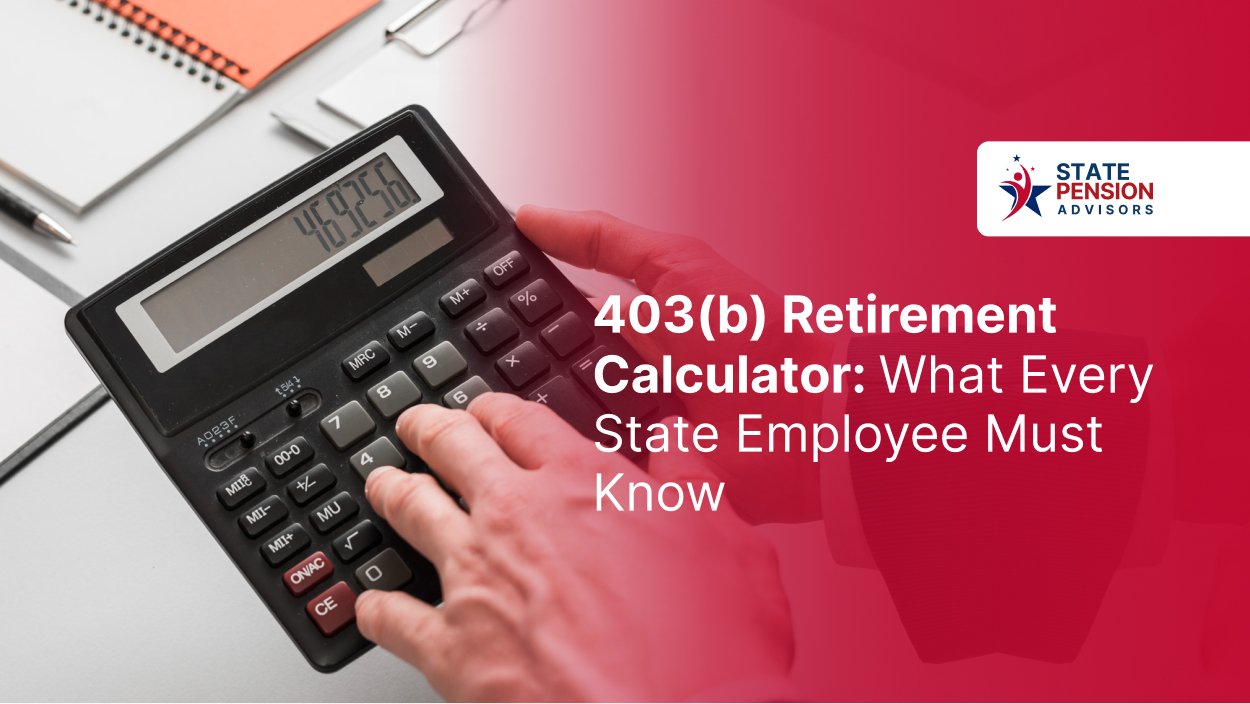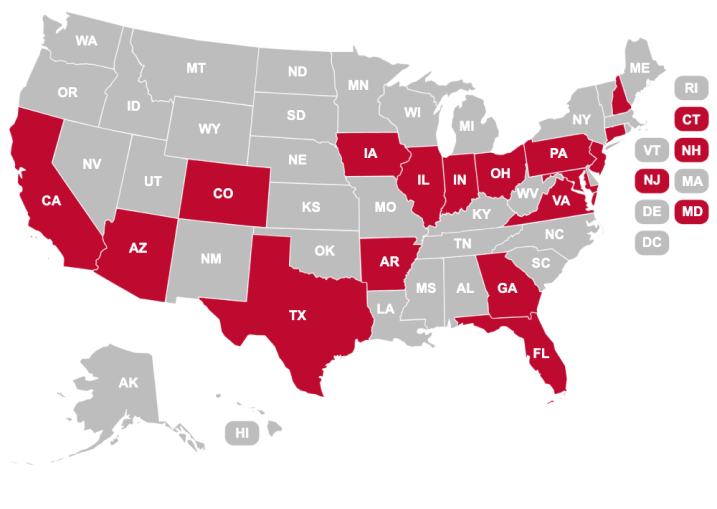Tax Refund Schedule 2025: Key Dates & Faster Refund Tips

Tax season is here, and millions of Americans are eagerly anticipating their refunds. The IRS has officially begun accepting tax returns for 2025, and understanding the tax refund schedule is crucial for financial planning. Whether you’re a state employee, self-employed, or filing jointly with a spouse, knowing when you can expect your refund and how to avoid delays can make all the difference.
The IRS has experienced staffing shortages in 2025, which may result in delayed refunds for some taxpayers. Additionally, if you’re claiming certain credits, such as the Earned Income Tax Credit (EITC) or Additional Child Tax Credit (ACTC), you might face extended processing times.
In this guide, we’ll cover the key dates for 2025 tax refunds, factors that affect refund processing times, and expert tips on ensuring you receive your refund as quickly as possible.
Important Tax Dates for 2025
Here are the key dates you need to keep in mind for the 2025 tax season:
- January 27, 2025 – The IRS began accepting and processing tax returns.
- April 15, 2025 – Federal tax filing deadline. If you need more time, you must file for an extension by this date.
- October 15, 2025 – Final deadline for those who requested an extension.
Estimated Tax Refund Timeline
The time it takes to receive your tax refund depends on your filing method and how you choose to receive the funds. The IRS processes tax returns continuously, meaning refunds are issued in batches. Below is an estimated timeline for when you may receive your refund:
- E-Filed Returns with Direct Deposit: Refunds typically issued within 21 days of IRS acceptance.
- Paper-Filed Returns: Processing may take 6 to 8 weeks from the time the IRS receives your return.
- Returns with Earned Income Tax Credit (EITC) or Additional Child Tax Credit (ACTC): Due to IRS regulations aimed at preventing fraud, refunds are not issued until late February or early March if these credits are claimed.
Why Your Tax Refund Might Be Delayed
While most taxpayers receive their refunds within the expected time frame, some factors can cause delays:
- Errors on Your Tax Return: Even a small mistake can cause significant processing delays.
- Claiming Certain Tax Credits: If you claim the EITC or ACTC, your refund will be held until mid-to-late February for additional review.
- Filing a Paper Return: The IRS recommends e-filing because paper returns take much longer to process.
- Identity Verification Issues: If the IRS suspects fraud, they may require additional verification, delaying your refund.
- IRS Workforce Reductions: Recent reports suggest that IRS layoffs may impact refund processing times, causing additional delays for some taxpayers.
How to Check Your Refund Status
The IRS provides several tools to track your refund in real time:
- "Where’s My Refund?" Tool: Available on the IRS website, this tool gives real-time updates on your refund’s status.
- IRS2Go Mobile App: This free app provides updates on refund status, tax news, and even allows you to make payments.
- IRS Hotline: If it has been more than 21 days since you e-filed or 6 weeks since mailing a paper return, you can call the IRS at 800-829-1954 for further assistance.
Tips to Get Your Tax Refund Faster
To ensure a smooth tax season and receive your refund as soon as possible, follow these best practices:
- E-File Your Tax Return – Electronic filing is processed much faster than paper returns.
- Opt for Direct Deposit – Refunds sent via direct deposit arrive much quicker than paper checks.
- Double-Check Your Information – Simple errors such as incorrect Social Security numbers or bank details can delay processing.
- File Early – The sooner you file, the sooner you will receive your refund. Avoid waiting until the April 15 deadline.
- Keep an Eye on IRS Updates – Stay informed about any IRS policy changes that may impact refund timelines.
At State Pension Advisors, we connect you with a trusted network of vetted financial professionals dedicated to securing your financial future. Whether you're planning for retirement, optimising your pension, managing wealth, or exploring life insurance options, our experts provide tailored, results-driven guidance based on your unique goals and financial situation.
We specialise in:
✔ Retirement & Pension Planning – Maximising your state pension and retirement savings.
✔ Thrift Savings Plan (TSP) Guidance – Helping you make informed decisions about your TSP.
✔ Wealth Management – Strategic investment advice to grow and protect your assets.
✔ Social Security Benefits Planning – Ensuring you receive the benefits you’re entitled to.
✔ Life Insurance Solutions – Finding the right coverage to secure your family’s future.
✔ Investment Strategies – Customised investment plans tailored to your financial goals.
Our advisors take the time to understand your needs, ensuring you receive clear, independent advice to navigate the complexities of state pension plans, retirement benefits, and insurance solutions. With a commitment to transparency and expertise, we are here to support you every step of the way.
Need expert financial advice? Book a FREE Consultation—we’re always available to help.
Conclusion
The 2025 tax season is underway, and knowing the refund schedule can help you plan ahead. While most refunds are processed within 21 days for e-filers, factors such as paper filing, tax credits, and IRS staffing issues can cause delays. By e-filing, opting for direct deposit, and avoiding common mistakes, you can receive your tax refund as quickly as possible.
If you need personalized assistance with your taxes or financial planning, consider consulting a tax professional to ensure you maximize your refund and stay compliant with IRS regulations. Happy filing!
FAQs
What are the new tax updates for 2025?
For the 2025 tax year, the Alternative Minimum Tax (AMT) exemption has increased to $88,100 for individuals and $137,300 for married couples filing jointly. The phase-out for AMT exemptions begins at $626,350 for single filers and $1,252,700 for married couples filing jointly, reducing by 25 cents for every dollar above these thresholds.
Why is my tax return so low in 2025?
Several factors could contribute to a lower tax refund in 2025. According to the IRS, potential reasons include miscalculations on your tax return, outstanding federal or state tax debts, unpaid obligations such as child support or student loans, and other federal non-tax debts.
How soon will I get my tax refund direct deposit?
If you e-filed your return and opted for direct deposit, refunds are typically processed within 8-15 days. However, your bank may require an additional 1-5 business days to complete the transaction. If you selected the Refund Transfer option, the refund will be issued by Axos Bank®, not the IRS.
What is the child tax credit for 2025?
For the 2024 tax year (filed in 2025), the Child Tax Credit remains up to $2,000 per qualifying dependent child, with a refundable portion of up to $1,700. These amounts remain unchanged for the 2025 tax year (filed in 2026).





%20Beneficiary%20Everything%20You%20Should%20Know%20as%20a%20State%20Employee.jpg)




.png)
.png)
%20Rollover%20Rules.jpg)
%20Contribution%20Limits%20Explained.jpg)
.png)

.jpg)





